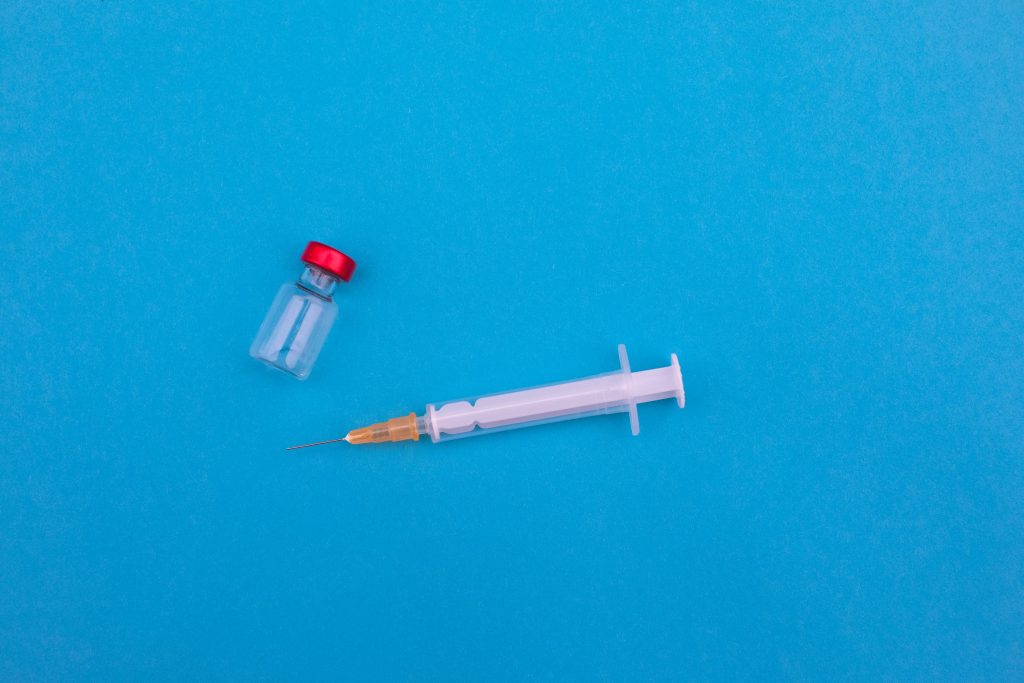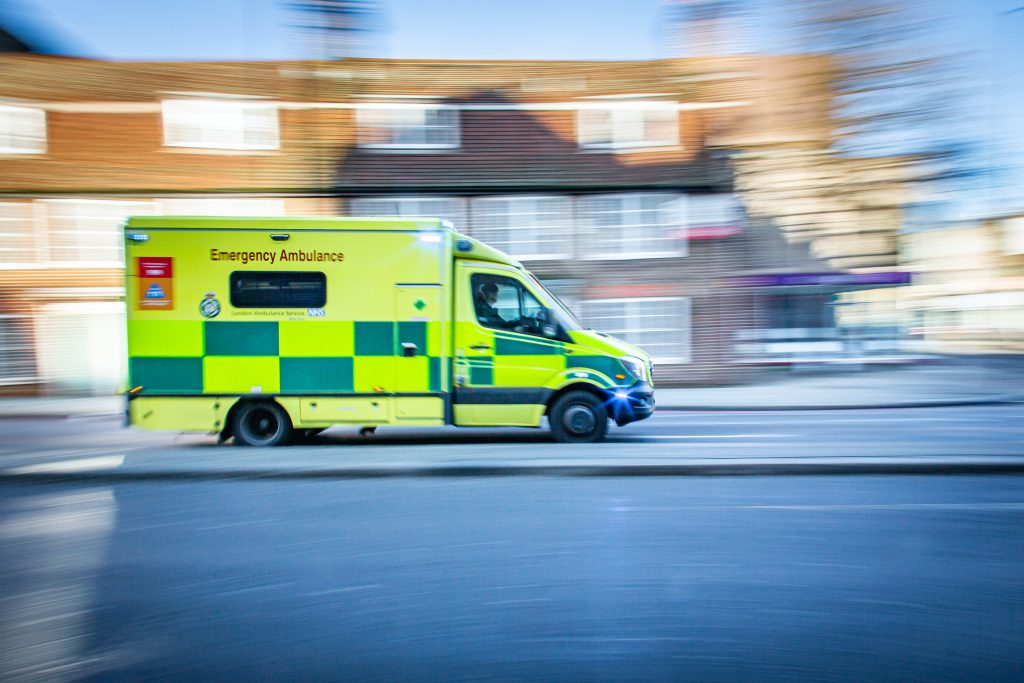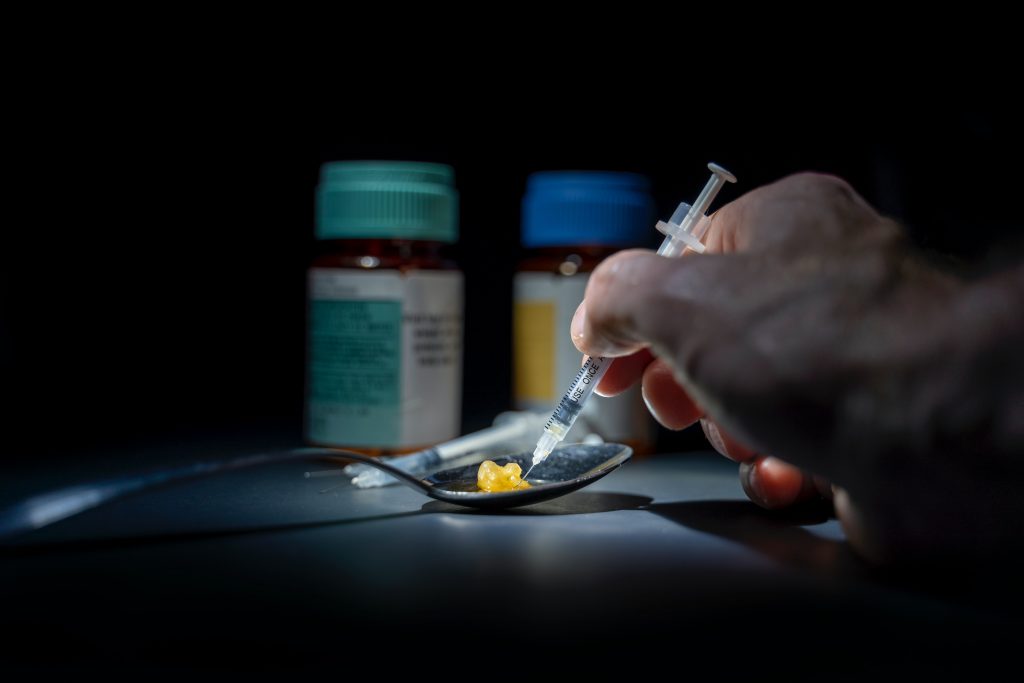AMBULANCE workers are now being trained in supplying a life saving drug to people who may witness an overdose.
Around two thirds of Scotland’s ambulance clinicians have been trained to supply Take-Home Naloxone (THN), a drug which van reverse the effects of an opioid overdose.
THN’s rollout is being overseen by three Scottish Ambulance Service (SAS) Drug Harm Reduction Leads covering the North, East and West of Scotland, funded by the Drug Deaths Taskforce.

Angela Constance, Minister for Drugs Policy said: “Over the next five years we will spend £250 million on addressing this crisis and I am determined that every penny of this additional funding will make a difference to all those affected by drug use in Scotland.”
“Naloxone is one of a wide range of measures being used to address the public health emergency of drugs deaths, but it plays an important role and allows those supplying the kits to connect people who use drugs and their families with appropriate local services.
The roll out of the drug is an extension of the Scottish Government’s existing Naloxone Programme and the remainder of the clinicians will be trained through the second half of 2021.

65% of crews are giving THN kits to anyone resuscitated after an accidental overdose or family and friends who may have to administer Naloxone in the future.
Every month around 80 kits are supplied to those at risk and their families so that they can be used while waiting for an ambulance to arrive in the event of an overdose.
Lauren Sloey, SAS Drug Harm Reduction Lead for West Region said: “The Scottish Ambulance Service has a presence in every community in Scotland, 24 hours per day, 365 days per year.

Due to the demand from patients experiencing overdose from drug use across our communities, and reflecting our unique reach into people’s homes, we are focused on what we can do to positively influence a reduction in drug deaths across Scotland.
SAS is also working closely with health boards, treatment services and people with lived and living experience to connect people who use drugs with appropriate support services.
